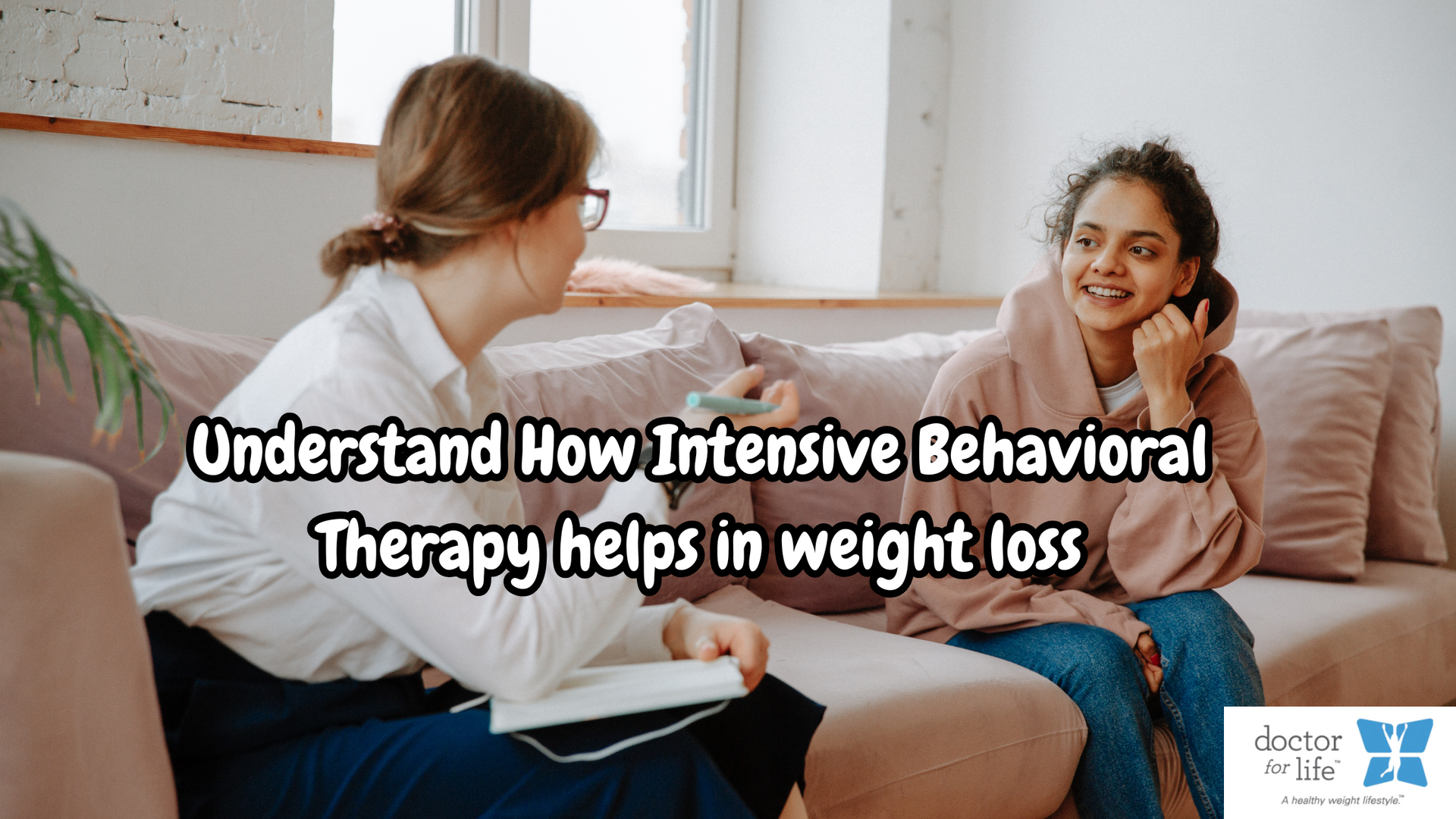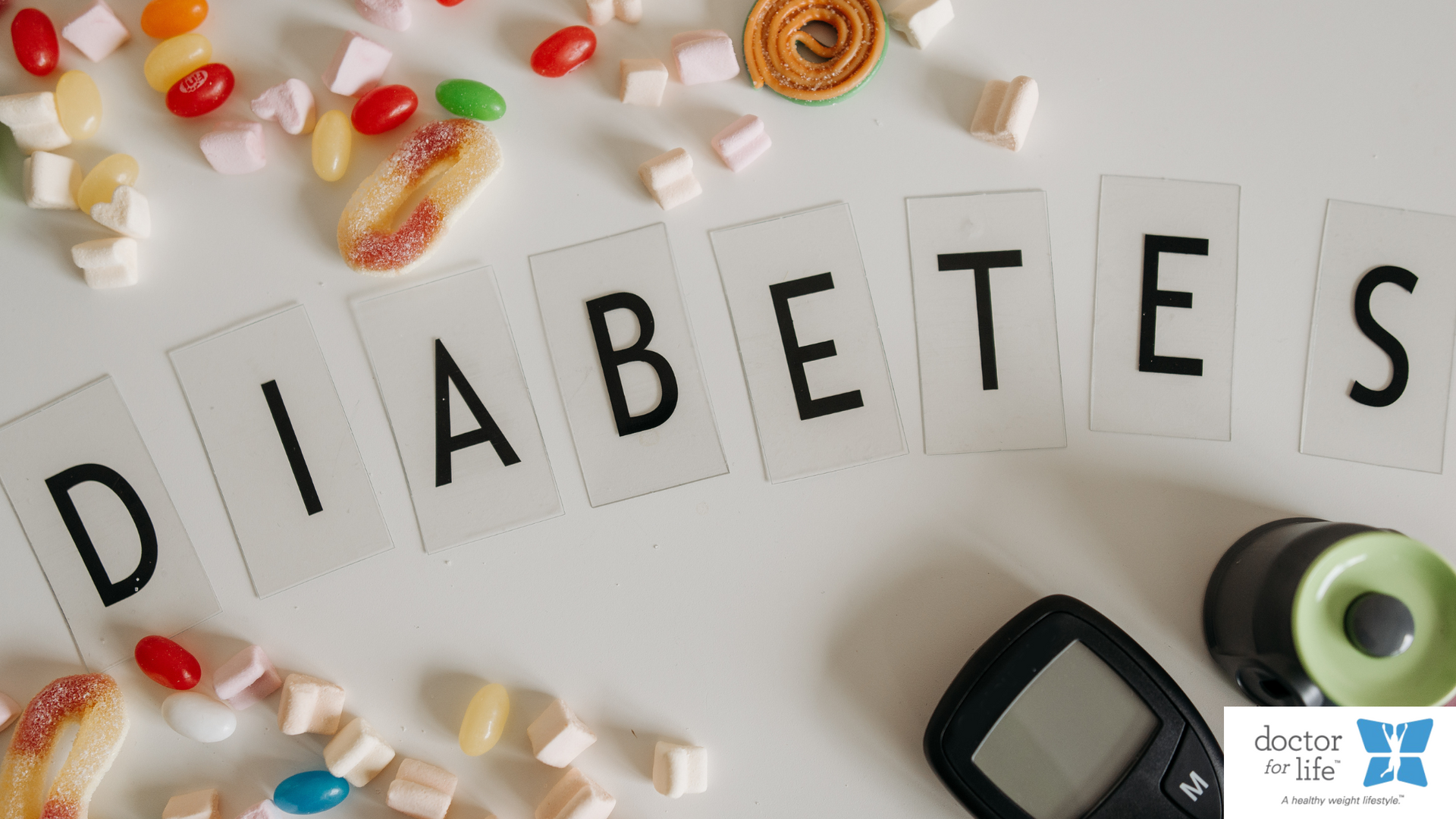How Intensive Behavioral Therapy helps in weight loss

Let's face it—weight loss is not only what's on your plate, but it is also what's on your mind.
Today, knowing what to eat is often not enough. In this fast food, high-stress, highly distracted world, people struggle with the how and the why of their eating behavior. In steps, Intensive Behavioral Therapy (IBT). IBT is a well-studied and scientifically validated method of addressing weight loss from the inside out.
If you are still on the hamster wheel of dieting, paying for gym memberships that you don't use, and feeling guilty over what you have eaten, then it is time to get off. IBT is a more intelligent way to achieve a healthy weight and, more
importantly, keep it off.
What is Intensive Behavioral Therapy?
IBT is not your typical therapy session where you lie on a couch and unpack your childhood. It's a structured, goal-oriented strategy that helps you:
- Identify your eating triggers
- Change negative thought patterns
- Build better habits
- Set realistic goals
- Stay motivated and accountable
Typically delivered through a series of short, regular sessions (often covered by insurance), IBT gives you the tools to rewrite your relationship with food—and with yourself.
How Does IBT Support Weight Loss?
Let's break down the real magic behind IBT. It works because it focuses on the behavioral root causes of weight gain, not just the symptoms.
Here's how:
1. Helps You Ditch the "All-or-Nothing" Mentality
Ever feel like one slice of cake means your entire diet is ruined? IBT teaches flexibility and resilience. It replaces guilt with understanding, so you can bounce back stronger.
2. Turns Goals into Habits
Saying "I want to lose 30 pounds" is easy. Sticking to a weekly plan to get there? That's harder. IBT helps break big goals into actionable steps—walking 30 minutes a day, swapping soda for water, or tracking meals—until they become second nature.
3. Teaches Mindful Eating
Lots of us mindlessly eat, scrolling on our phones or binging Netflix. IBT helps you become more mindful of months that will help you identify true hunger vs emotional hunger.
4. Unpacks Emotional Eating
Sometimes stress, boredom, or anxiety will show up on your plate. IBT teaches tools to respond emotionally more healthily vs using food as a coping strategy!
5. Builds Long-Term Motivation
Quick fixes fade fast. IBT helps you explore your deeper reasons for wanting to lose weight—whether it's to have more energy, feel confident, or prevent chronic disease—and keeps you anchored to those motivators over time.
Better Weight Better Life!
Weight loss is not only a smaller number on the scale—it's more—more energy, more confidence, more control. Participants who receive behavioral therapy as part of a weight management program are much more likely to succeed and maintain weight loss over time. And the benefits go far beyond weight loss.
Many patients using IBT also experience:
- Better blood sugar control
- Lower blood pressure and cholesterol
- Less likelihood of developing Type 2 diabetes and heart disease
- Better sleep and mood
- Higher self-esteem and quality of life
Our Weight Management Program: More Than Just a Diet
We use a whole-person model for weight loss. Our comprehensive Weight Management Program offers Intensive Behavioral Therapy sessions, with the support of the entire health care team, who understand this is your personal journey. If you are pre-diabetic, struggling with emotional eating, or just frustrated with yo-yo dieting, our team will be there to help you write the new story to your health journey, one habit at a time.
Key Takeaways
✔ IBT helps you lose weight by changing your thoughts and habits—not just your meals
✔ It supports sustainable weight loss by building self-awareness, resilience, and healthier routines
✔ IBT reduces the risk of chronic conditions like Type 2 diabetes and heart disease
✔ Our weight management program integrates IBT to give you personalized, long-term support










